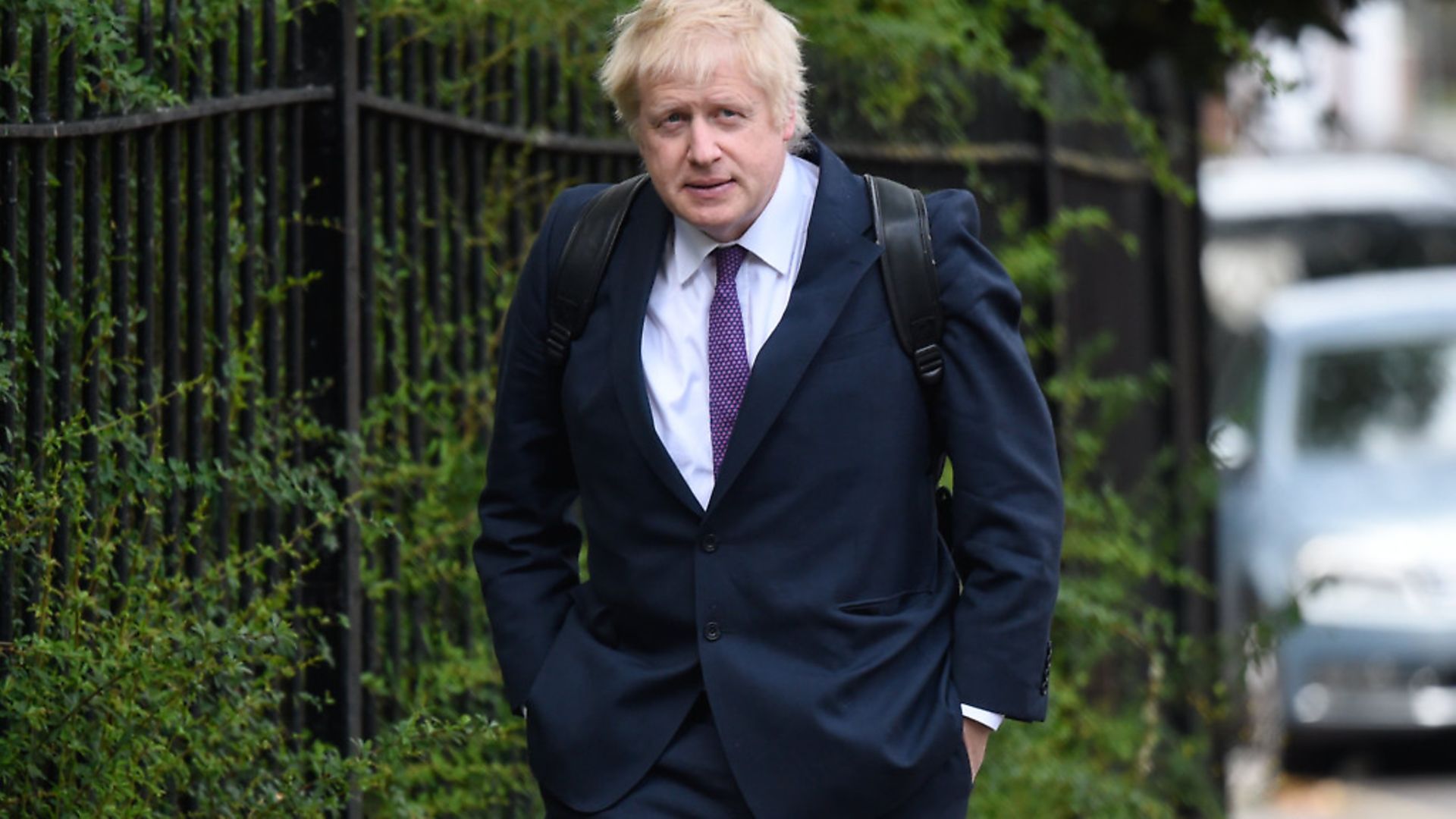
It is entirely likely that a new prime minister could seek a no-deal Brexit by October 31, says JAMES BALL.
Whoever wins the Tory leadership race will inherit perhaps the least enviable position in political history: a deadlocked and exhausted parliament, unable to achieve anything; recent election results putting the party on a desultory 9%; and responsibility for delivering Brexit against that backdrop.
The internal politics of the Conservative Party mean it is likely that a candidate at least ostensibly committed to taking a disastrous no-deal Brexit seriously as an option will win that race. It is also likely that many, if not most, contenders will pledge in some way not to extend Article 50 again – leaving them facing the October 31 deadline negotiated by May.
This could shape something of a perfect storm on Brexit. There will be a new leader who will have made bold, if dangerous, political promises. There will be the same-old gridlocked parliament as before – but now with the results of the EU elections, which showed little willingness for compromise among most Remain and Leave supporters alike.
And there will be a deadline of just three months or so from when they take office to find some way out of the situation, which is not enough time to say the world has changed – or the facts have changed – sufficiently to allow an obvious U-turn from a major campaign pledge.
It is, therefore, entirely likely that we could have a new prime minister – one with no personal mandate from the British public – who could decide to genuinely seek a no-deal Brexit by October 31.
The dangerous thing for anyone who would want to avoid such an outcome is this: it could be much more difficult to stop a new prime minister from doing it than people might think. Ultimately, the UK will leave the EU without a deal at the end of October unless the government asks for and is granted an extension, passes an exit deal by that point, or revokes Article 50.
The problem is, it’s very difficult for parliament to force the government to do any of those three things – so if the new prime minister is trying to run out the clock and leave without a deal, they just have to try to make nothing happen.
During May’s premiership, parliament voted on several occasions – usually in non-binding votes – to ‘rule out’ a no-deal Brexit. These votes were largely held either as part of the indicative votes mechanism, or as amendments on the meaningful vote. The problem for parliament is that the meaningful vote process is over, and it is the government that controls what business goes in front of parliament on any given week.
This is compounded by the fact parliament will not be sitting for much of the time between the elevation of a new prime minister and October 31: there will be a long recess for summer between late July and September, and another recess for party conferences after that.
As a briefing note from the well-respected Institute for Government think tank points out, a new prime minister determined to leave would be hard to stop. If they simply don’t offer any government legislation, there is nothing for an MP to put an amendment down onto to prevent no-deal.
The government also gets to choose when ‘opposition day’ debates – when the topic is picked by the opposition – are held, and can delay a Queen’s Speech until after October 31. If speaker John Bercow allowed it – as seems likely – parliament could hold an emergency debate on extending Article 50 or ruling out no-deal, but the results of such votes are not formally binding.
That leaves parliament with its nuclear option: a vote of no-confidence in the government. It is possible that multiple moderate Conservative MPs would vote against their own government in a bid to prevent no-deal. The issue is that such a vote can only work to replace the government – it does not itself do anything to buy time.
If the government was to fail the no-confidence motion, parliament would have two weeks to show a new government could pass a confidence motion – in which case whichever new leader had passed the motion would become prime minister without an election, and could then seek an extension, or to revoke Article 50.
However, if no party leader passed such a motion, then after two weeks the country would need to trigger a general election – with the previous government serving as caretaker while the election was held.
This makes the timings very tricky, if there were a clever Number 10 operation determined to get their way: what if the winner of the Tory leadership race said they would seek to reopen negotiations with the EU, and exhausted all the options, without getting an extension, and managed to keep that process ongoing until the end of September, or even the middle of October?
If such a leader announced in the middle of October that talks had fallen apart, even a no-confidence vote might not give enough time to prevent no-deal. The UK could fall, irreversibly, out of the EU even as MPs scrabbled to stop it doing so.
The best chance of preventing such a situation is being alert to it now. The political outrage such a move would cause would be huge, and deeply damaging. That suggests that if people are aware of the risk, they will be able to work to mobilise political pressure against it, even if not formal legal pressure. Prevention is always better than cure – and nowhere is that more true than for a no-deal Brexit.
Warning: Illegal string offset 'link_id' in /mnt/storage/stage/www/wp-includes/bookmark.php on line 357
Notice: Trying to get property 'link_id' of non-object in /mnt/storage/stage/www/wp-includes/bookmark.php on line 37







